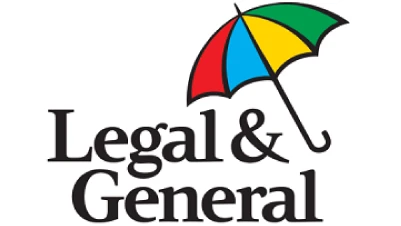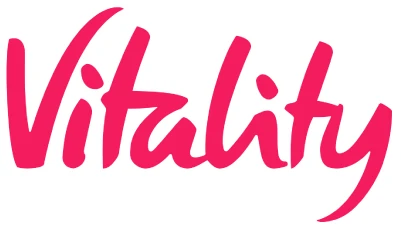
Why life insurance is important
Life insurance is one of those financial tools that many people know they should have but often put off or






Enter a few details about what you are looking for.
Save money by comparing instant quotes online.
You can then apply online and your application will be processed directly by the insurance provider.
Compare providers and quotes to find the best deals for you.
Take out cover while you are younger as the premiums will be lower.
Think about your lifestyle. Smoking or the amount of alcohol you consume can increase the price you pay.
Place the policy in trust, this will give you greater control and protects the pay-out from inheritance tax.
Review your cover and maybe switch providers for a better deal.
Consider combining policies – combining life insurance with critical illness cover could work out cheaper than buying separate policies.
Level term life insurance is the simplest life insurance and the ideal option if you are looking for a set amount of cover for a certain period. With this type of policy, you decide how long you want to be covered for (the term) and the pay-out amount your dependants will receive should you die during the term. Whenever you pass away during the policy, your beneficiaries will always receive the full amount.
A whole life policy has no fixed term as it provides a set amount of coverage for your entire life, with the insurer putting your premiums in a fund until a claim is made. If you’ve kept up the payments, your beneficiary will receive a lump sum when you die.
The insurer may increase the premium if the fund underperforms but the amount of cover it pays out will stay the same. Whole of life insurance is usually the most expensive option as it guarantees a pay-out.
Joint life insurance covers two people but only pays out once with the choice of pay-outs occurring after the first or second death.
Decreasing term life insurance policies have a pay-out that decreases over the term of your policy.
It’s sometimes called mortgage life insurance because it’s designed to cover a debt that reduces with time, like a repayment mortgage. As the amount you owe on your mortgage decreases over time, the pay-out amount decreases in line with this too.
Most critical illness policies provide for the payment of a lump sum benefit if the policyholder is diagnosed as suffering from one of a number of specified illnesses. It can also be added as an extra to another life insurance policy.
If you’re still paying off a mortgage and want to help protect this asset for your loved ones, or you need a more short-term form of cover, it’s still possible to secure term life insurance for over 50s.
Life insurance is a policy that pays out a lump sum to your loved ones if you pass away during the time you’re covered.
Most people use it to pay off a mortgage, cover funeral costs, clear any debts they might have or to leave something behind for their family. You can decide the length, type of contract and cover amount.
You’ll also want to consider whether to take out a joint or single life policy. Your monthly payments are based on all these factors together with your medical history, age and lifestyle choices.
You may not end up benefitting from a life insurance policy but it will give you peace of mind knowing that your loved ones are protected.
Cover varies between different policies, but here’s what’s typically covered or excluded in UK life insurance policies:
Life insurance policies typically include a set of exclusions that specify situations or circumstances in which the insurance company will not pay out. While these can vary between policies and insurance providers, here are some typical life insurance exclusions:
Life insurance is a valuable financial tool that provides peace of mind and security for your loved ones in case the unexpected happens. Many people wonder when the right time is to purchase life insurance.
The simple answer is that there’s no one-size-fits-all answer. The right time to buy life insurance depends on your unique circumstances and financial goals.
Here are some key life moments when you should consider it:
Everyone’s needs are different so the best provider for you is the one that offers a policy best suited to your requirements. Don’t just look at the cost, make sure you consider all the benefits, the exclusions and the percentage of claims that the insurer pays out.
This depends on your personal circumstances and what you might need the cover for. It doesn’t just have to be about your mortgage, you could factor in other debts, monthly outgoings and future costs such as funeral expenses or your children’s education.
Not necessarily, some insurers might ask you to have a medical and others may not. If you are a young, healthy non-smoker then you are less likely to be asked to have a medical than someone older with pre-existing medical conditions.
You can get life insurance if you have a pre-existing medical condition but the premiums are likely to be higher and there will be less insurance providers to choose from.
You can legally have as many life insurance policies as you like. Some people take out more than one policy to cover different requirements, but a single policy covering everything you need may be cheaper.
Contact your insurance provider as soon as possible and explain the situation if you aren’t able to meet your monthly repayments and they may be able to work out a payment plan to help you.

Life insurance is one of those financial tools that many people know they should have but often put off or

Finding life insurance when you’re considered high-risk can feel overwhelming, but it doesn’t have to be. Whether you have a

No-one likes to think of the worst, especially when it comes to losing those we love most. That’s why taking

Life is full of uncertainties, and as parents, we are acutely aware of the responsibility we have towards our families.